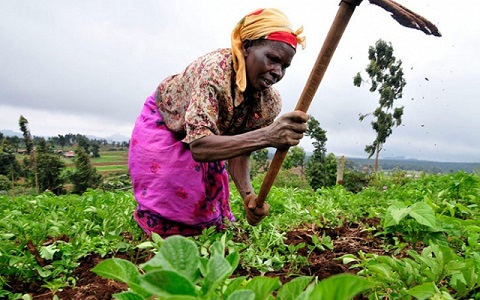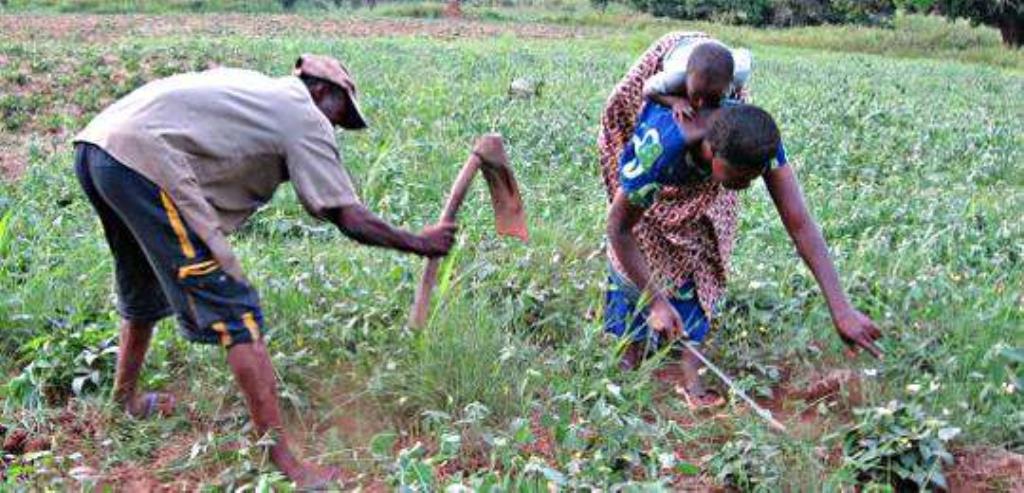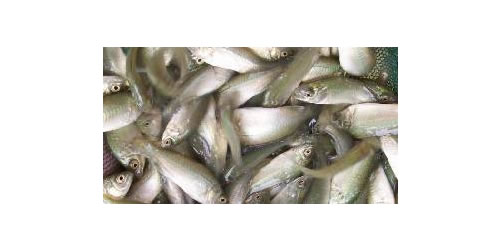European Union lifts ban on Ghanaian vegetable exports

From January 1, 2018, Ghanaian farmers will be able to resume exports of all plant commodities to the European Union (EU) market, a statement issued by the European Union Delegation to Ghana has assured.
It follows the European Commission’s decision to lift the current ban on the exports of five plant commodities from Ghana to the European Union (EU) market on October 31, 2017.
Only a week ago, last Tuesday, October 31, Food and Agriculture Minister Dr. Owusu Afriyie Akoto while speaking at the Graphic Business/Stanbic Bank Breakfast Meeting on securing the national economy with agriculture, had expressed hope that the ban was likely to be lifted before the year ended because Ghana had done all it needed to do to restore confidence in her produces.
The five Ghanaian plants (chilli pepper, bottle gourds, luffa gourds, bitter gourds and eggplants) will from January 1, 2018, have duty-free and quota-free access to the EU market like any other product from Ghana, the EU statement confirmed, adding that the five commodities will have to fulfil the EU phytosanitary legislation to ensure the freedom of quarantine pests.
The statement said the decision follows an audit undertaken from 12 to 21 September 2017 by the Directorate-General for Health and Food Safety of the European Commission and the evolution of the numbers of import interceptions with quarantine pests notified by member states for commodities not subject to the ban.
“Since the beginning of the ban in October 2015, Ghanaian authorities have taken significant corrective measures to improve the inspection and control system for plant health at exit points, in particular at Kotoka International Airport. The European Commission congratulates Ghana for reaching this important milestone and encourages Ghana to consolidate the upgraded system and to continue further improvements in the phytosanitary certification system to obtain full compliance with the EU phytosanitary requirements.
“This outcome has been possible thanks to combined efforts of the Plant Protection and Regulatory Service Department (PPRSD) and coordinated support from several development partners including the European Union through the Trade related Assistance and Quality Enabling programme (TRAQUE), the German International Cooperation (GIZ), the Netherlands Embassy through the GhanaVeg project and USAID. This harmonised approach has been instrumental to reach the objective of complying with EU requirements this year.
Source: graphic.com.gh





